China is vast, diverse, and unlike anywhere else on Earth. After spending a month exploring its cities, countryside, food, and transport systems, I discovered that there are many surprises and helpful insights that most travelers don’t learn until they arrive.
In this post, I’m sharing 17 important things I wish I knew before visiting China—so you can avoid the surprises and travel smarter. Whether you’re a backpacker, digital nomad, or just curious about visiting this extraordinary country, read this guide first!
1. You Must Carry Your Passport—Everywhere
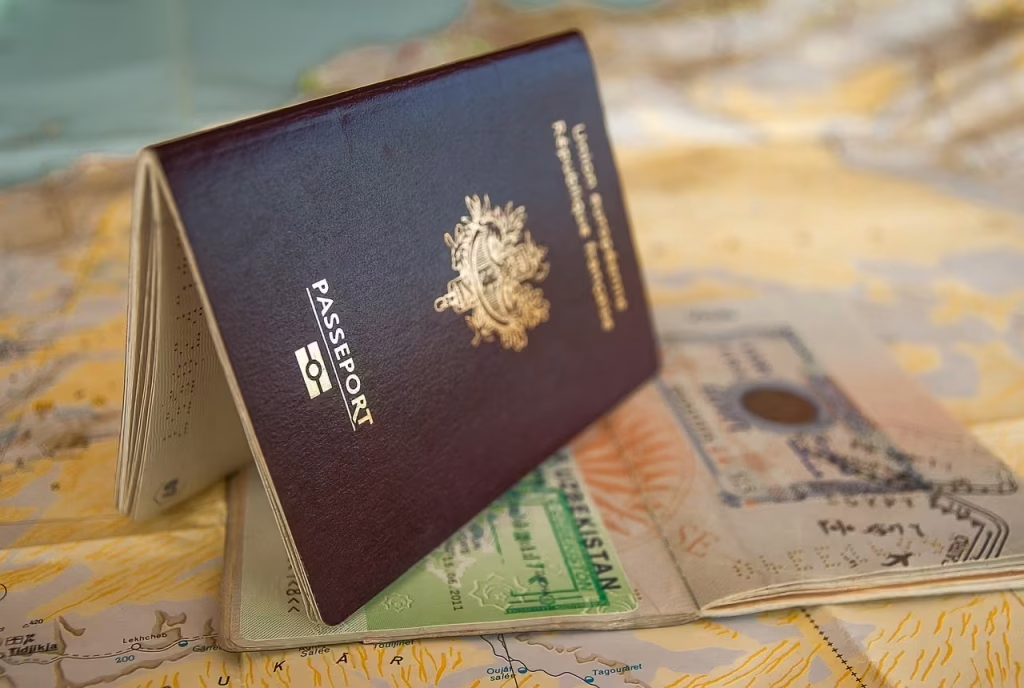
In China, your passport isn’t just for immigration—it’s required for booking train tickets, checking into hotels, buying SIM cards, and even entering attractions. A photocopy won’t do. You’ll often need to scan it at security checkpoints.
Cultural Insight:
China takes identification seriously. ID verification is tied to national security, and locals also carry their own national ID cards at all times.
Nomad Tip:
Get a protective passport sleeve and consider a belt pouch or neck holder for safe, quick access while navigating stations and security checks.
Bonus Tip:
Always carry your visa printout, too—some hotels or checkpoints may request to see it along with your passport.
2. Google Maps Doesn’t Work
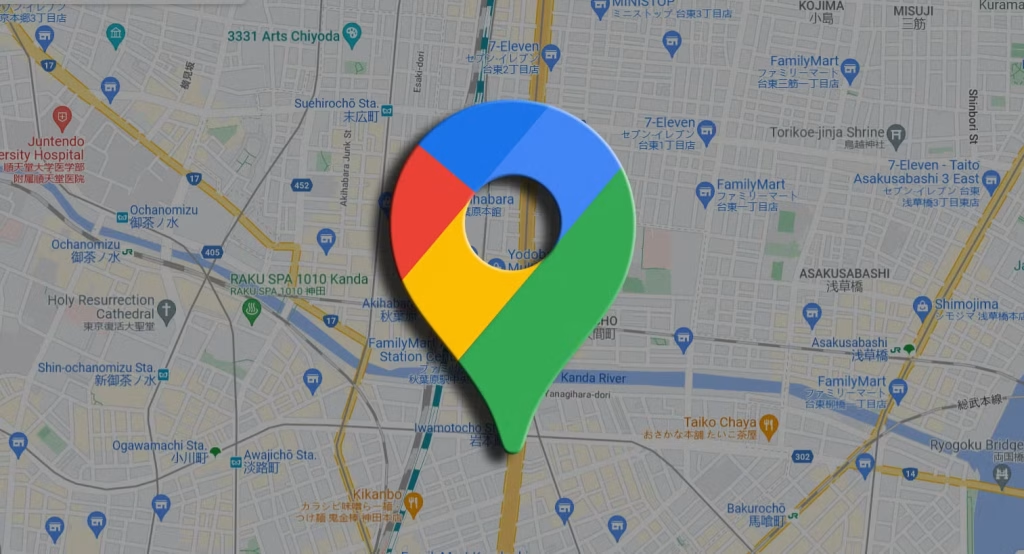
Google Maps is blocked in China. Even with a VPN, the data is outdated and unreliable. Locals use apps like Baidu Maps or Gaode (Amap)—but they’re only in Chinese.
What Works:
- Apple Maps (partially functional)
- Maps.me (offline maps, good for walking trails)
- Baidu Maps (accurate, but hard to use without Mandarin)
Nomad Tip:
Download offline maps before arrival and mark key locations like your hotel, subway stops, and landmarks.
Local Hack:
Many travelers also take screenshots of Chinese characters for their destinations to show to drivers or ask directions.
3. It’s Incredibly Safe

Despite stereotypes or misconceptions, China is one of the safest countries to travel. There are security cameras on every street, high police presence, and minimal street crime.
Female Traveler Insight:
Many solo female travelers report feeling safer in China than in major Western cities. Even walking at night in cities like Chengdu or Xi’an feels secure.
Cultural Note:
The government’s strong control over public safety does reduce petty crime, but also means a lot of surveillance. As long as you’re respectful and follow the rules, you’ll be fine.
Nomad Tip:
You’ll see QR codes, facial recognition turnstiles, and ID scans everywhere. Be prepared for a tech-heavy but smooth experience.
4. Travel Insurance is Essential
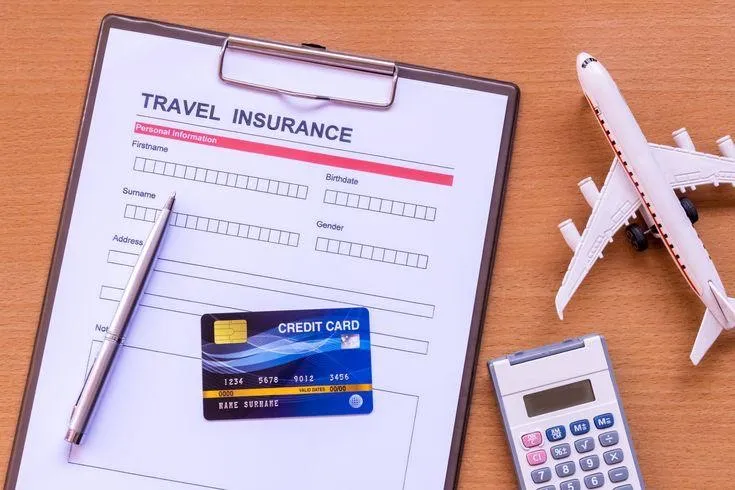
Even with excellent infrastructure, you need reliable travel insurance in China. Medical care is good, but unexpected situations—injuries, theft, or family emergencies—can be costly.
Nomad Tip:
Use services like SafetyWing or World Nomads which offer coverage for long-term travelers and include visits home between trips.
Emergency Fact:
If you end up needing a hospital visit, many private clinics in Beijing, Shanghai, and Guangzhou have English-speaking staff—but they’re expensive without insurance.
Bonus Tip:
Some hospitals and clinics accept digital travel insurance cards. Keep a PDF on your phone just in case.
5. Use DiDi Instead of Taxis

DiDi is China’s equivalent of Uber—and it’s your best friend. The app is available in English, very affordable, and more reliable than flagging down taxis.
Benefits of DiDi:
- Available almost everywhere
- Set destinations without needing Mandarin
- Prices shown upfront
- You can pay via Alipay or WeChat
Nomad Tip:
Link your card to the DiDi app before arrival if possible. Screenshots of your hotel in Chinese characters help avoid confusion.
Important:
DiDi doesn’t always work well at airports—use official airport taxis there.
6. You Need Mobile Data—Every Day

From QR payments to translation apps, having mobile data is essential in China. You’ll use your phone for nearly everything.
eSIM Recommendation:
Get an eSIM through Airalo or Olifly before you land. They activate instantly and help bypass Wi-Fi firewalls by routing through foreign IPs.
Nomad Tip:
Keep two SIM options—local for cheap data, eSIM for global access and as a backup VPN.
Warning:
Public Wi-Fi networks are censored and not secure—use mobile data for accessing Western apps.
7. The High-Speed Trains Are Incredible
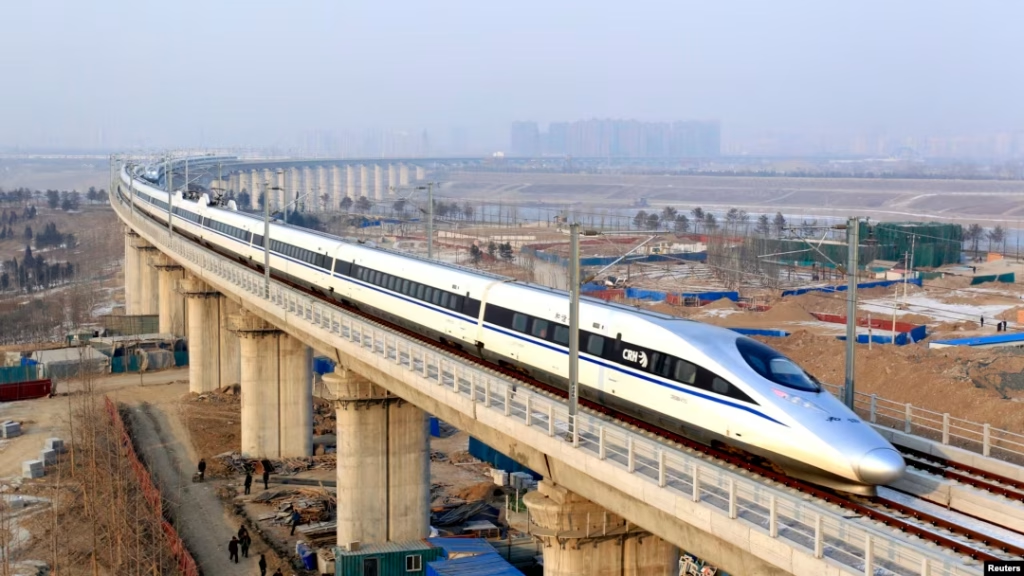
China’s high-speed rail system is the most extensive in the world—and it’s fast, clean, and affordable. Trains travel up to 350 km/h (217 mph).
Booking Tip:
Use Trip.com or Ctrip (their partner app) to book tickets in English. You’ll need your passport to buy and board.
Nomad Insight:
Instead of short domestic flights, choose trains. They’re less stressful, punctual, and eco-friendly.
Cultural Note:
Always arrive early—stations are huge and security checks are mandatory. Bring snacks and ID.
8. When to Visit Matters

Avoid major Chinese holidays like Chinese New Year (late Jan–Feb) and National Week (first week of October). Cities and attractions will be packed.
Best Times to Visit:
- May–June (spring warmth, fewer crowds)
- September–October (cooler weather, good air quality)
Nomad Tip:
Plan longer stays during shoulder seasons for better prices on accommodation and tours.
Local Tip:
School holidays = big crowds. Summer (July–August) is hot and crowded—best avoided unless you’re exploring rural regions.
9. Culture Shock Is Real
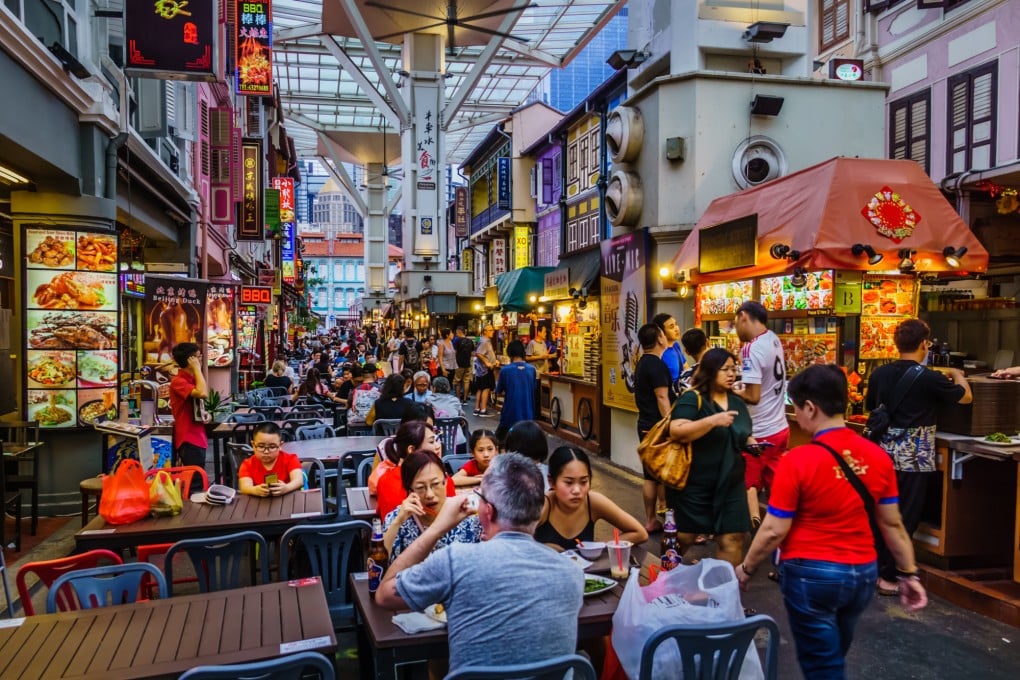
From spitting in public to queue cutting, there are habits that might surprise you. China’s etiquette is very different—and that’s okay.
Understand It:
Spitting is tied to traditional medicine beliefs about expelling “bad energy.” Line etiquette varies by region.
Nomad Advice:
Be patient. Stay calm. Most “rudeness” is cultural difference, not aggression. Observe locals and adjust as needed.
Bonus:
You’ll also notice beautiful moments of generosity, community, and respect—especially in rural areas.
10. Visa Rules Are Complex—Plan Ahead

Depending on your nationality, getting a visa can be paperwork-heavy. But China has started offering 15-day visa-free entry to select countries.
What You Need:
- Proof of return ticket
- Confirmed hotel bookings
- Visa application form
- An in-person appointment (if applying for longer stays)
Tip:
Apply for a 30-day visa, and you might get a 2-year multi-entry visa (as happened to several UK and US travelers recently).
Nomad Note:
Plan your route in advance. You’ll need to submit it with your visa application—even if you later tweak it.
11. Subways Are Easy (and in English)
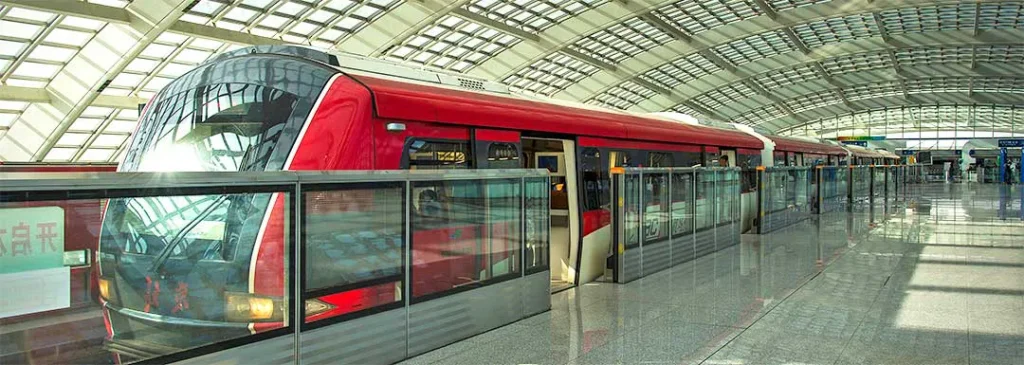
Major Chinese cities like Beijing, Shanghai, Guangzhou, and Shenzhen have modern, efficient subway systems—with English signs and announcements.
What to Know:
- Use contactless metro cards
- Avoid rush hour
- Double-check station names—they often sound similar in pinyin (romanized Mandarin)
Nomad Tip:
The subway is often faster than taxis during peak hours. Use maps.me or MetroMan for accurate directions.
12. Dining is Communal—And Delicious
In many Chinese restaurants, meals are ordered “for the table”—shared dishes served in the center, not personal plates.

Cultural Tip:
Use chopsticks, and never stick them upright in rice (it resembles funeral rites). Slurping is allowed!
Nomad Insight:
Outside big cities, English menus are rare. Point-and-order, or use Google Lens or Pleco to scan menus.
Food Advice:
Try local delicacies in each region—Peking duck in Beijing, soup dumplings in Shanghai, spicy hot pot in Sichuan.
13. Use a Good Translation App
Language barriers are real, but translation apps bridge the gap. Apps like Google Translate (with offline packs) and Pleco are must-haves.

Nomad Tip:
Use camera translation to read menus or signs, and conversation mode for speaking with locals.
Bonus:
Many Chinese people will pull out their own translation apps to help you. Don’t be afraid to communicate!
14. VPNs Are Mandatory for Internet Freedom

Google, Instagram, Facebook, YouTube, and many other Western websites are blocked in China.
Best VPNs:
- Astrill (most reliable in China)
- Surfshark or NordVPN (more affordable, may require tweaking)
Install it before entering China.
Nomad Note:
Switch locations (e.g., from Singapore to New York) if your connection is blocked. Avoid public Wi-Fi for VPN use—stick to mobile data.
15. Police Registration May Be Required
If you’re staying in local guesthouses or Airbnbs, some hosts may ask you to register at a local police station.
Avoid the Hassle:
Stay at international hostels or hotels that automatically handle registration.
Legal Note:
Failing to register within 24 hours can lead to fines. Confirm your host has submitted your details.
16. QR Payments Rule Everything
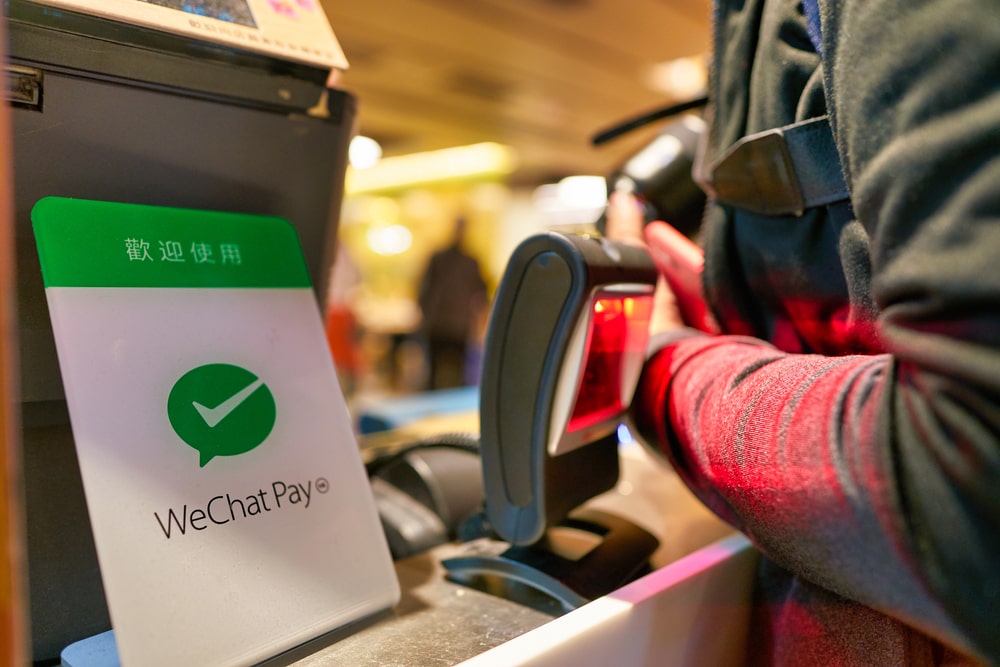
Forget cash and cards—WeChat Pay and Alipay dominate in China. You scan a QR code for everything: food, taxis, vending machines, even fruit stands.
Setup Tip:
Create your WeChat account ahead of time and link a global card (sometimes requires verification). Do the same for Alipay.
Backup Plan:
Always carry a small amount of yuan for emergencies. Some small shops still accept cash.
Nomad Note:
Keep your phone charged—bring a power bank, as no phone = no pay.
17. Booking Is Tricky—Use Trip.com
Attractions, trains, and hotels often require advance booking. And many Chinese platforms only work in Mandarin.
Recommended App:
Use Trip.com for trains, hotels, flights, and tours. It’s in English and tailored for foreign users.
Caution:
WeChat Channels sometimes list better prices, but they’re hard to use without help. Ask locals if you want to try.
Nomad Insight:
Popular spots like the Forbidden City sell out days in advance. Book early—especially on weekends or holidays.
Final Thoughts: China Is Challenging—and Worth It
Traveling in China isn’t always easy. The systems are different. The culture is unique. But if you arrive with an open mind and the right tools, it will become one of your favorite trips ever.
From high-speed trains to jaw-dropping landscapes, late-night dumplings to shared smiles with strangers—China is unforgettable.



